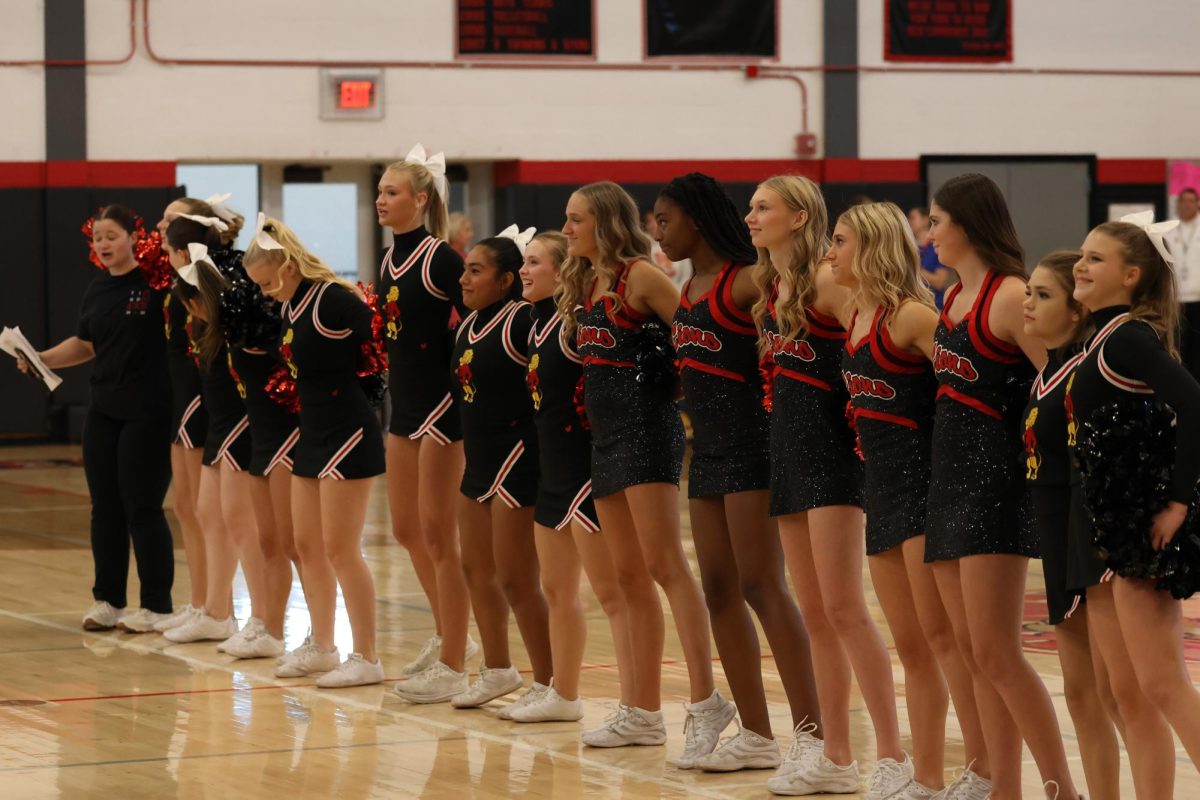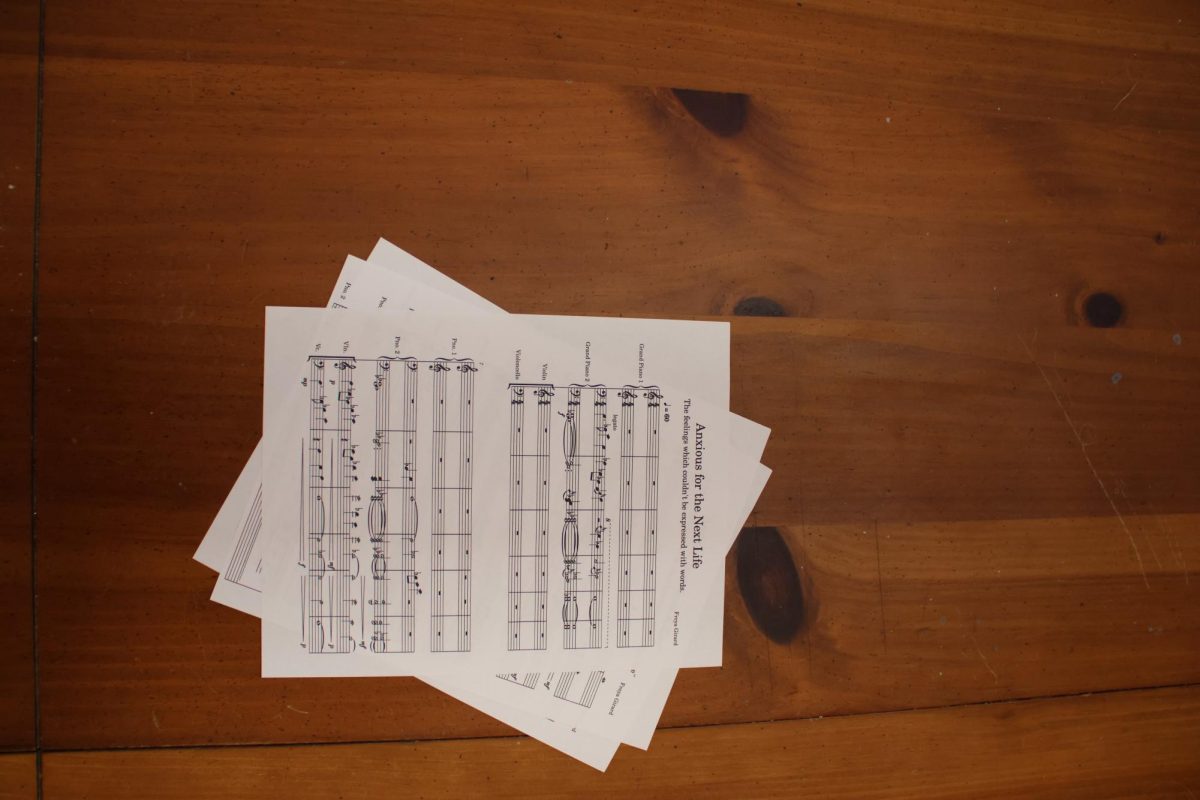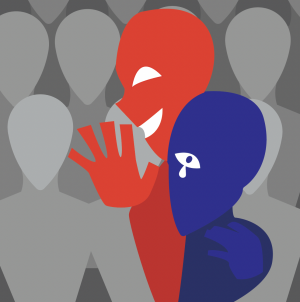OPINION: SECURLY’s system is filled with flaws
Security program inhibits ability to learn
March 19, 2017
Last year, the school board entered a $71,500 three-year service contract with the filtering company Securly to filter and block websites on district computers and tablets.
At the board meeting it was reported that they would purchase the filtering package for the district’s new one-to-one device program. Along with onsite and offsite filtering, the package included screen analytics for social media, a bullying/self-harm sentiment detection, technical support, automatic product updates and a base parent portal feature.
But to the annoyance of students and teachers alike, problems have followed. Securly blocks more than it needs to in a high school setting. The company’s own videos are blocked, as well as news and education websites essential for classes. Many of The Budget’s videos are blocked or difficult to view. Its excessive filtering stifles the freedom to browse as we please, not only for pleasure but for educational purposes.
EdSurge company founder, Awias Ahsan envisioned Securly as eventually connecting educators and parents in monitoring all social use of technology by students. In the face of criticism, Ahsan said students should not use school-issued technology for personal purposes, like social media. This ignores that many classes use social media as a learning tool.
In their privacy policy Securly reserves the right to sell any data collected “in connection with a sale of all or substantially all of the assets of Securly or the merger of Securly into another entity.” This statement is convoluted, and exposes user logs to another outside party. Said party would know frequented websites and personal pages such as a Twitter or Facebook account. But Securly believes these statistics and information are not personal and are sellable.
Students are given a minuscule amount of information while Securly and possible outside parties can access an overwhelming amount of it. Signing into your student email is required to access certain websites, and there is no explanation for why some websites are blocked, like news sites. Students are stuck using trial and error to figure out that they have to sign in, then are exposed to more missteps and problems.
Parents and administrators claim Securly has benefits, such as detecting online bullying. That is the main objective for Securly and is nothing more than a marketing tactic. It is used to hide the fact that what students can or can’t access is completely in the hands of their parents and teachers.
A parent’s full control and knowledge of what their child is searching online does nothing to help develop independence and maturity. People have to learn to make choices and deal with the consequences. This life skill can’t be turned into making the choices your parents want. Of course minors shouldn’t be exposed to porn, but should have the right to access world news and social media.
The internet is, undeniably, a dangerous place. There are things a minor shouldn’t see, but the measures Securly is going to cross the line. Not only are educational websites blocked through Securly, but students and teachers alike have no protection of their privacy.














